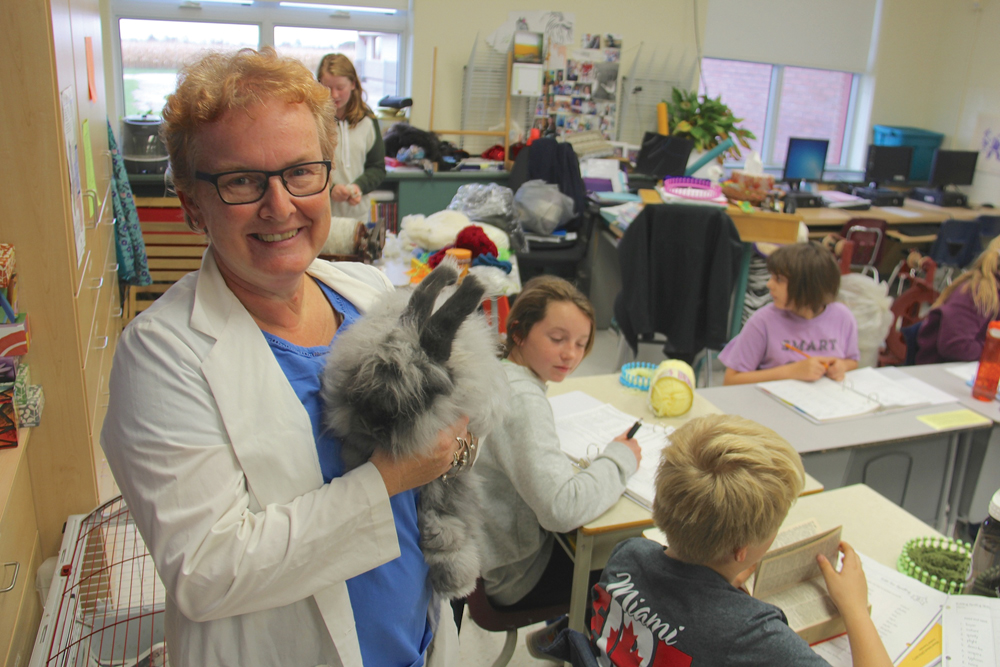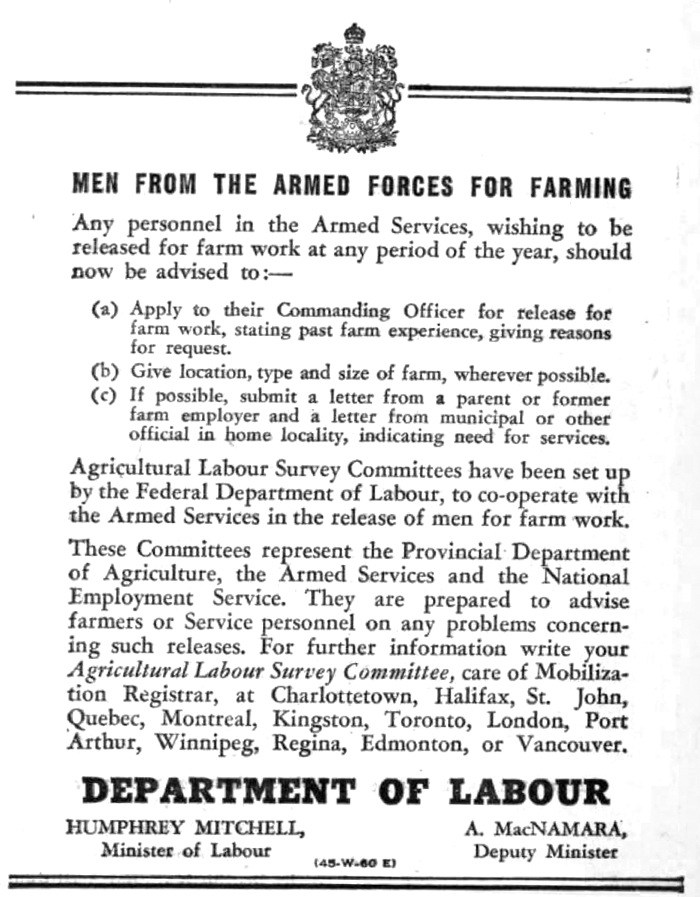WANT TO KNOW MORE?
SHEEPLES FINE FIBRES
Inwood-based sheep producer and wool processor www.sheeplesfinefibres.com/
2009 DIRECT FARM MARKETING CONFERENCE February 27-28, Brandon
www.gov.mb.ca/agriculture/news/direct. html –
UNITED NATIONS INTERNATIONAL YEAR OF NATURAL FIBRES 2009 www.naturalfibres2009.org/
It’s been decades since woollen mills operated next to pens of live sheep in rural Manitoba. But Joe and Kim Streker’s mill and sheep flock on their Inwood farm is no museum display.
Read Also

Manitoba author dissects wool supply chain politics
Anna Hunter’s new book, The True Cost of Wool, explores current wool production systems in Canada and pitches more robust local manufacturing
This is Sheeples Fine Fibres, their full-service, completely automated fibre-processing mill, producing fine finished yarn and other woollen products using fleece from their own flock.
They’ve been setting up the mill over the past two years so they can be involved in every step of turning a fleece into a yarn skein. The Strekers make a variety of woollen items including felting batts, spinners’ rovings and semi-worsted yarns. They also manage a flock of 300 sheep and run 500 acres of hayland.
“From our backs to yours,” is their company’s slogan. Sheeples is a name derived from the combined words “people” and “sheep.”
Sheeples’ people are Joe and Kim, who bought the farm in 2006 after leaving their jobs as college professors in Ontario.
Farm full time
They came to pursue an opportunity they saw to take Kim’s life-long interest in wool production from hobby to a value-added agricultural enterprise.
Self-employment was a big motivator, says Joe, who also ran a 135-acre cash crop back in Ontario. “We had good jobs, but I’d worked for someone else pretty well all my life and I was not doing what I felt I wanted to do.”
What he wanted to do was farm full time. Kim, who’d grown up on a farm, was all for it.
That in mind, they began paying attention to the market developing in Ontario for locally produced wool. But costs looked daunting for starting a woollen mill there.
“So we looked around all of Canada, and investigated every single province,” says Joe.
More than 30 farms later they decided to purchase a 1,300-acre former cattle farm northwest of Inwood.
Manitoba was attractive for many reasons, especially lower land prices, but also for its climate. Cold weather produces better wool. That’s been born out in notably improved wool quality in their flock, which they brought with them from Ontario. “The wool is loftier,” he said.
High quality
Sheeples’ sheep are coloured sheep and mostly Merino, a Spanish-origin breed known for producing an incredibly soft, luxurious wool used to make fine apparel becauses it has none of the itchiness of coarser wool types. Their sheep are “mostly Merino,” Kim explains, because they’ve been crossbreeding with other wool breeds such as Leicester and Cotswold to produce fibre with additional length and lustre.
“Merino is a very fine, soft wool but it’s not very long.”
The underlying principle of their business concept is to be a high-quality, high-service supplier of product with the additional attributes of being natural and local.
“We know we can’t be big,” says Joe. “So we decided we would produce a product that would more or less fall into that luxury yarn category.”
These past two years have been intense. In addition to ongoing care of an expanding sheep flock, they’ve equipped a 1,500-square-foot farm building with industrial-size equipment to automate all the steps involved in turning a raw fleece into a skein of yarn.
Spinners
Machines now do all the carding, pin-drafting, spinning, plying and winding into skeins, centre-pull balls and cones. They’re capable of producing about 12,000 pounds of carded wool annually. About half of that now sells to hand spinners; the other half is spun into finished yarn at the mill. Adding another spinner will enable them to double production to 24,000 pounds, he said.
That will depend on market reception. Kim has gone to many craft shows, run knitters’ workshops and hosted on-farm tours to build demand for their product. They currently sell Sheeples wool products online through their website and at two retail outlets in Winnipeg, the Costume Museum of Canada’s gift store and Wolseley’s Wardrobe.
They’ve now approached more yarn stores to sell wholesale and received a positive response. “One of the things that’s working to our best advantage right now is that we’re made in Manitoba,” Kim said. “And there’s a lot of people who are coming back to natural fibre. There’s a big resurgence in that.”
Broader market exposure is what’s key now, the couple says. They hope to do more custom processing for other fibre producers. Alpaca producers, for example, may be interested in using their mill, notes Joe.
Growing
The last two years have been about getting people familiar with their product. “It’s been on a fairly small, local scale. So far, the market has been kind to us. Now what basically really needs to happen … is market acceptance in a bigger circle.”
2009 is International Year of Natural Fibres, officially launched January 22 at the headquarters of the Food and Agriculture Organization of the United Nations (FAO) in Rome. The UN’s declaration aims to raise the profile of all natural fibres, including wool, and how their production sustains incomes of farmers around the world.
The Strekers will be guest speakers February 27 at the Direct Farm Marketing Conference hosted by Manitoba Agriculture, Food and Rural Initiatives (MAFRI) in Brandon. [email protected]
TO SEE MORE SHEEPLES FINE FIBRES PHOTOS LOG ON TO: www.manitobacooperator.ca and then click on Multimedia



















